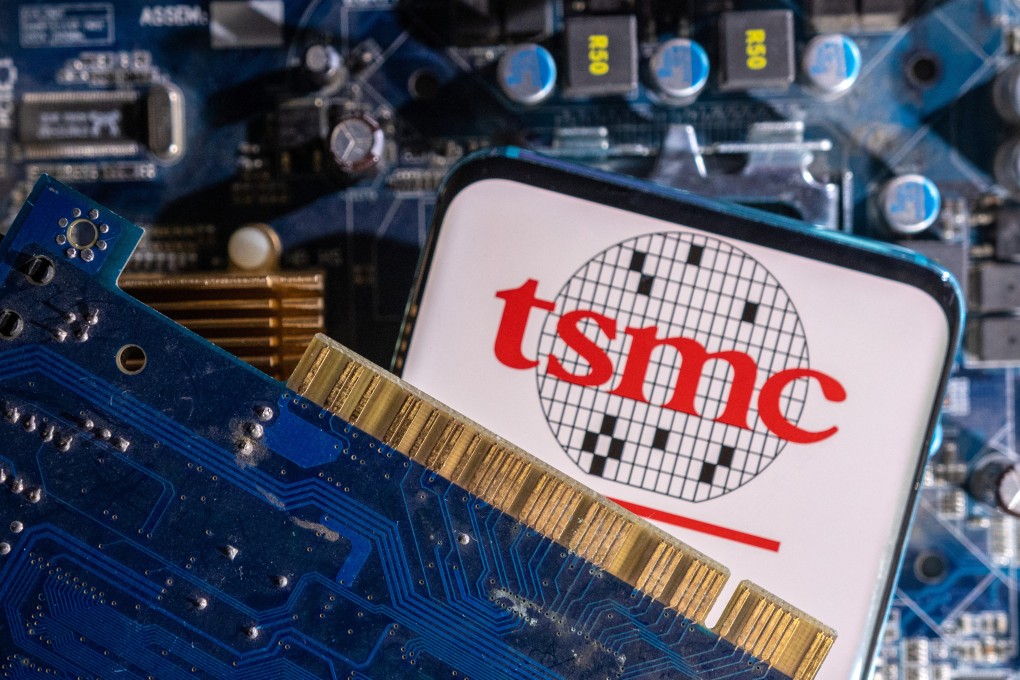Japan to get Taiwan chip maker TSMC’s help to revolutionise its semiconductor sector amid economic, security concerns
- Japan will spend huge amounts on making advanced chips, with Taiwan Semiconductor Manufacturing Company to build its second plant in the country
- Analysts say post-Covid growth must take Ukraine war and Taiwan tension into account as it could lead to chip supplies from the island being cut off

The coming “revolution” will be different to the first time Japan dominated the microchip sector, say analysts, with Tokyo keen to build alliances with foreign governments and companies including European firms at the same time Japanese firms use their world-leading technology to manufacture niche chips, the tiny bundle of circuits that do specific tasks in electronic devices used by billions.
Japan is chipping in with 476 billion yen (US$3.4 billion) for the development of the first factory, with TSMC matching Tokyo’s investment.
The same day, the Japanese government said it was looking at introducing “substantial” tax incentives and financial support for capital spending and plant construction in the semiconductor and battery storage sectors.